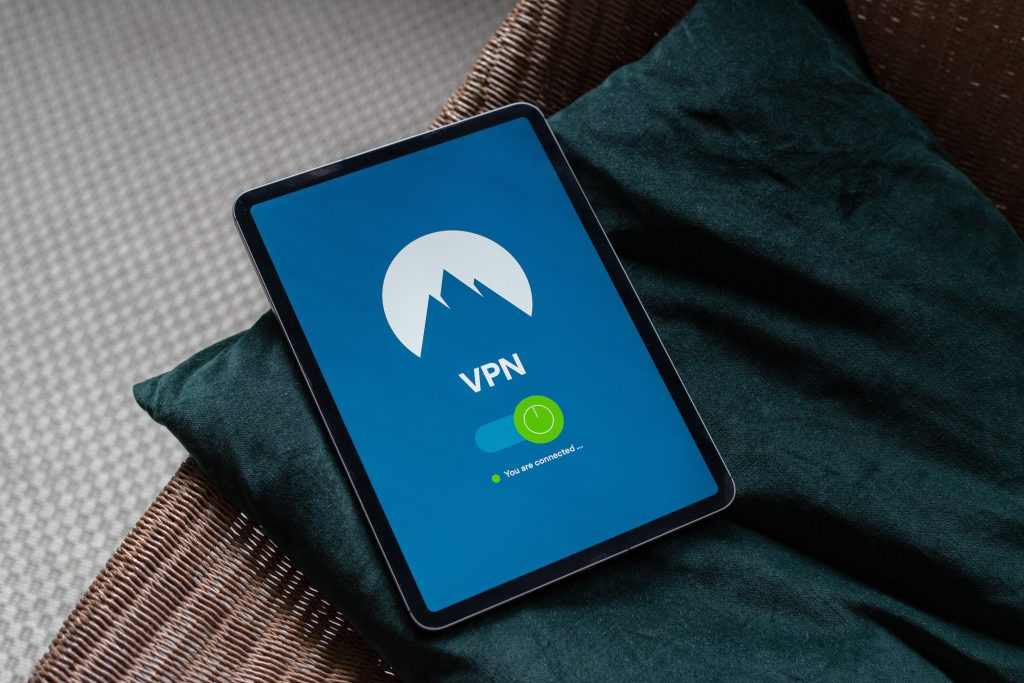Remote access solutions can be very beneficial for your company. However, you need to make sure that you’re using the right kind of technology. That’s because the wrong technology could compromise your security and create a lot of problems for your company. Instead, you need to use a VPN (Virtual Private Network).
A VPN is a technology that creates a secure network from an insecure one. It does this by encrypting all of your data. So that it can’t be intercepted while it’s being transmitted over the Internet. So, you can use remote access solutions without worrying that someone might be snooping on your data.
Remote access sounds like a very simple idea… but there is much more to it than meets the eye. You need to make sure that you’re using the right technology so that it will work well in your company. Otherwise, you might have some serious problems down the road!
Virtual Private Networking: The Basics & Beyond
VPN or Virtual Private Network is an encrypted internet connection which allows its users to connect to their computers remotely and access secured files even if they are not physically at their locations.
This is mainly useful for companies to provide employees with greater flexibility. Especially, in terms of working from home or from places outside the office premises. Security is another major concern with regard to VPNs. In fact, a VPN connection is safer than connecting through an unsafe public network such as a wireless hotspot.
Upgrade Your Network To IPV6 Internet Protocol
Nowadays, businesses must upgrade their networks and equipment to accommodate the growing demand for internet speed and better connectivity. However, many companies seem slow in upgrading their networks because they do not know how much this upgrade will cost them or what benefits they can expect from it.
So before opting for an upgrade, it would help if you had a clear idea of what IPV6 has to offer and what are its potential benefits to businesses and organizations including yours. IPV6 is also “the next generation internet protocol” which means that it will eventually replace IPV4 as the standard internet protocol in use today.
IPV6 basically refers to network layer protocol which defines addressing schemes in packet switching networks such as the Internet.
The comparison
Compared with IPV4, IPV6 offers several advantages including · Scalability· Security· Interoperability·
IPV6 is more secure than IPV4 mainly because of the increased security features. Then, IPV6 offers better network encryption and authentication mechanisms compared to IPV4.
IPV6 also offers better support for autoconfiguration in IPv6 networks which means that it is easier and faster to set up a network. In addition, IPV6 also offers better support for multiple subnets which makes it more efficient than IPV4. With IPv6, there is a bigger address space which means that more devices can be connected to a network compared with IPv4.
IPv6 is also more scalable than IPv4 since the addresses are not limited to 32 bits but can be 128 bits long. This means that a single device can have an infinite number of addresses which makes it easier to connect multiple devices to an internet network.
IPv6 is also more interoperable with other internet standards and devices compared with IPv4. This allows businesses to leverage this interoperability advantage when they are developing applications and services for their customers or clients.
